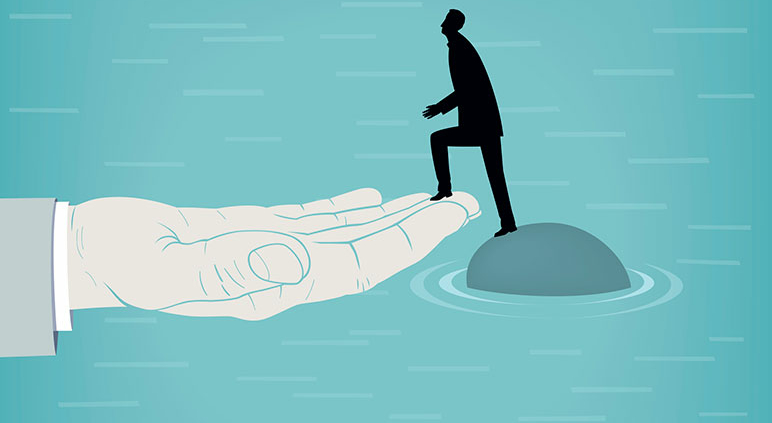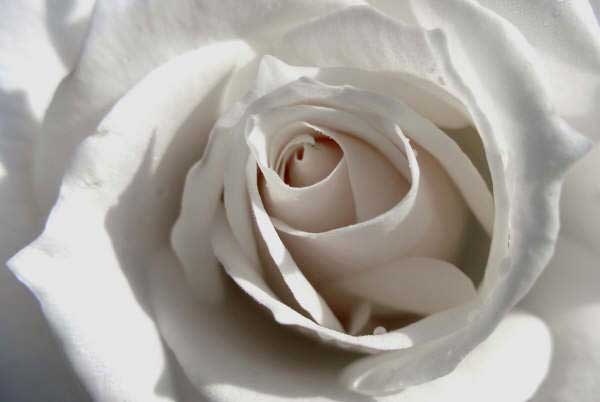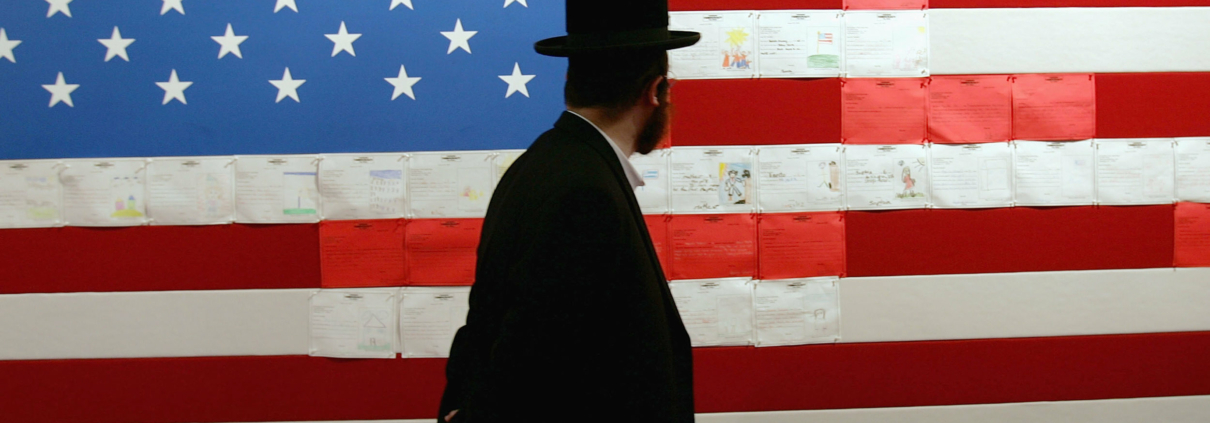Everyone wants to feel counted. We want to be seen and we want to be included. In a consumer driven, hyperlinked, order it on-line world, what you say and do can count in myriad and unanticipated ways.
The book of Numbers (bamidbar) begins as Moses is told to take a census of the whole Israelite community. A census is more than counting. The modern census is replete with demographic information. But who wants to be merely a number or a statistic? The cyber world seems desperately interested in what you have to say. You aren’t just a number. Your opinion counts. Your click on “like” feeds an algorithm that counts. Grab a peloton bike and enter an on line class where you will be counted. E commerce sites like Airbnb rely on counting up reviews.
Yale Dean, June Chu, was recently suspended for a Yelp review that described an Asian restaurant as being an inauthentic experience for white trash. Before there was Yelp and before there was Twitter you had a better chance of getting away with your prejudices and your anger. June Chu’s words counted, and Yale may decide to no longer count her among their faculty.
I once posted a critique of a hotel on Trip Advisor. I thought my comment was fair. The hotel manager wrote to me quickly to apologize and ask me to remove the comment as bad reviews could cause a loss of business and his staff could lose their jobs. So which was more important, my upset at a lack of sleep at this overrated hotel or the dozen employees? I took down my negative comment.
That Yale dean is just an example of the angry public comment that goes viral. We have a President who counts on his Twitter comments reaching millions to affect public opinion, judicial action and government policy. But you could have guessed I would have done the jump to Trump by now. So I’m counting on you to read a bit more here.
I’ve too often seen people expressing anger, misstate facts, and blame unfairly in on-line forums. In Hebrew this is lashon hara, the evil tongue, which is gossip. There is a parable about how gossip is like feathers shaken from a rooftop. The Internet is the energy that shakes the feathers out of a pillow; spreading them far and wide to land in places unknown and never to be gathered again. So it is with the words we write on listservs, or google docs, or group emails.
I have better advice. It comes from Torah. People count. No matter what your opinion, consider the impact of what you write before you hit send. Is your expression more important than the pain or loss you might cause by your words? If so, right click. If not, swipe left. Count on your words having a negative impact because your mobile device might not be an instrument of holiness. When your opinion counts, your words can be an instrument of pain, or of healing; an instrument of ego, or of truth; an instrument of ugliness, or of righteousness. It’s up to you to choose. How you use your on line accounts will determine the holiness of your devices and how you are counted.
R’ Evan













 Evan J. Krame was ordained as a rabbi by the
Evan J. Krame was ordained as a rabbi by the